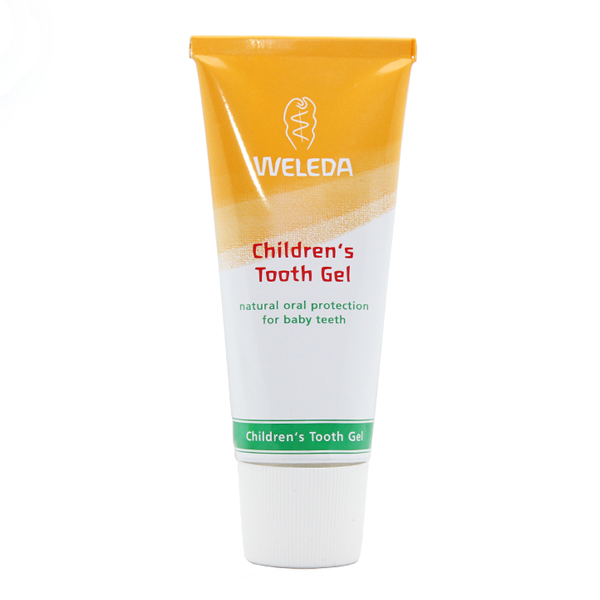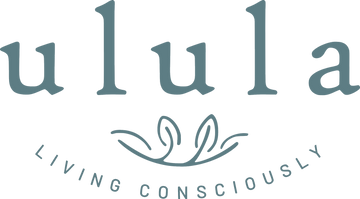
When do babies start teething?
A baby's first teeth (commonly known as milk teeth) start to develop during pregnancy while your baby is still growing in your womb. Some babies are born with their first teeth, others start teething before they are 4 months old, and some after 12 months. But most babies start teething at around 6 months. The bottom front teeth are normally the first to come through at around 57 months, followed by the top front at around 68 months.
Teething symptoms
Teething is part of the normal process of development. Your baby's first teeth may come through with no problems, but it can also be a painful experience. Many parents find that the symptoms are worst before the tooth actually emerges, while it is pushing its way up through baby's gum. Signs that a tooth is on its way include:
- Red, swollen and sensitive gums
- Heavy dribbling
- Red flushed cheeks
- Rubbing the ear on the same side as the emerging tooth
- Changes in the way baby latches on to the breast
- Inconsistent feeding
- Sleepless nights and grumpiness
- Chewing on his/her fingers, fist, toys or clothing
Some believe that teething causes other symptoms, such as diarrhoea and fever, but the National Health website suggest that there's no evidence to support this. Ear infections can also be mistaken for teething. If you are at all worried about your baby's symptoms do seek medical advice.
What are the best ways to soothe my baby's painful gums?
- Teethers give your baby something to chew on safely. This may ease their discomfort and distract them from any pain. Some teethers can be cooled first in the fridge (but never the freezer), which can also help to soothe your baby's gums.
- Try gently rubbing you little one's gums with your clean finger or give a cold flannel to chew on. Its texture will feel good on their gums too.
- If your baby develops a red rash on his/her chin from dribbling, gently wipe the dribble off with a soft cotton cloth. A dribble bib is a great way of keeping clothing dry and always having something to hand. You could also apply a barrier cream to your little one's chin to protect against soreness.
- One alternative remedy that helps to soothe the pain is homoeopathic teething granules which can be given to babies crushed and dissolved in boiled and cooled water.
- Another alternative teething remedy that is applied to the outside of the cheeks is a cheek rub or oil. Essential oils are selected for their soothing qualities.
- Breastfeeding can be really soothing for a baby who is unhappy or in pain.
If your baby is older than six months, you can give a variety of foods to chew on, but always stay close to avoid the risk of choking. The following foods may help:
- cold, raw fruit and vegetables, such as a piece of apple, carrot, celery or cucumber
- rusks, teething biscuits or a piece of bread with a chewy crust that's not too hard
Finally, lots of cuddles, huggles, fun distractions (during the day), and lots of patience will get you all through!


(We used the Weleda Chamomilla granules and found them to be an excellent help when our own little ones were teething.)


Does teething affect breastfeeding?
Many mums fear for their nipples during this period, but don't worry! Many babies never bite at all, and most who try it once usually respond to your startled reaction by never doing it again. With some babies, it is a little harder to break the habit, but all babies, no matter how old, can learn not to bite. Sometimes when a baby is cutting a new tooth they will bite on anything to help ease the pain in their teeth and gums and that can include your breast or nipple. Biting is most likely when the tooth is on its way through, rather than after it has emerged, so they actually €˜nip' with their gums. However, a new tooth can be very sharp, so may leave a scratch. Being extra mindful of maintaining good latch and positioning will be especially helpful in this period of change. When baby is latched on and feeding effectively, their tongue will be between their teeth and your breast. If baby is starting to bite bring your baby firmly into your breast so she has to open her mouth to breathe and, therefore, unlatches herself. Alternatively, inserting your finger between his/her gums behind the front teeth helps extract your nipple. If you say €˜no' calmly but firmly at the same time, your baby will begin to understand the sound and learn what it means. If gumming the nipple and biting become an issue, one thing you can do is to observe your child closely to see when active feeding has finished. Once you see signs of slowing down at the breast, unlatch your little one by gently breaking the seal by inserting a clean finger at the corner of their mouth. At that point, offering an alternative to chew on may work well as a preventative measure. If biting tends to happen at the beginning of a feed, offer a teething substitute before the feeding.
Good tooth care for children
Well cared for baby teeth are the essential foundations for a healthy set of teeth later in life. With a baby or toddler, the main objective is to get them used to tooth brushing as part of their morning and bedtime routine. From the very first tooth, start to remove any plaque using, for example, a damp cotton wool bud. It's a good idea to try and make it fun so that tooth brushing is associated with a parent's attention and an enjoyable time. When children start to learn to clean their teeth, they may enjoy sucking the toothbrush and swallowing the toothpaste. There are many natural toothpastes that will clean your little one's teeth effectively, without the nasties. Children lack the skills to clean their own teeth properly until they are around eight years old, so they will require assistance until then. Diet plays an important role in proper dental care. During breastfeeding your baby doesn't normally need any additional drinks. As soon as you start weaning, continue to give your baby either breast milk, formula, water or unsweetened herbal tea. Fruit juices contain acids which attacks tooth enamel and is best avoided.

 www.nhs.uk/conditions/pregnancy-and-baby/teething-and-tooth-care/ www.nct.org.uk/parenting/teething
www.nhs.uk/conditions/pregnancy-and-baby/teething-and-tooth-care/ www.nct.org.uk/parenting/teething


 (We used the Weleda Chamomilla granules and found them to be an excellent help when our own little ones were teething.)
(We used the Weleda Chamomilla granules and found them to be an excellent help when our own little ones were teething.) 





